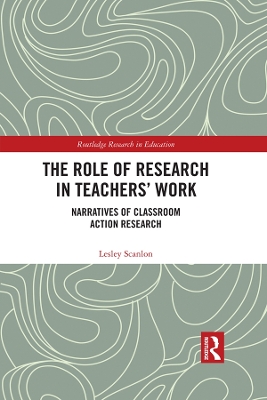Routledge Research in Education
2 total works
Education issues feature almost daily in print media, online, on the radio and on television, much of which focuses on the perceived deficits of students and teachers. Singled out for special attention are low socio-economic status (SES) schools which are frequently characterised by teachers and students with little investment in learning and teaching. Yet within this plethora of educational discussion there is no contemporary, longitudinal study of what it means to learn and teach in a disadvantaged school within the policy context of the 'education revolution' in Australia.
Drawing on 500 interviews conducted over a four period with the Principal, parents, teachers and students at a regional low SES school, this book challenges the profile of one school as represented on the 'My School' website which publishes the results of National Assessment Program in Literacy and Numeracy (NAPLAN). Chapters situate the original research within an international and national educational context, before exploring topics including leadership and management, student behaviour, constructs of the 'good teacher', the involvement of parents in school and the 'digital revolution'. The book closes with an appraisal of the major themes that emerged from the multiple perspectives of the study.
This is the first book to provide a longitudinal ethnographic study of a school in Australia, which examines the impact of the 'education revolution' on the Principal, parents, teachers and students. It comprehensively challenges the official 'My School' representation of a low SES school and will appeal to researchers in education, as well as those involved in postgraduate teacher education and sociology courses, both from Australia and internationally.
In the debate regarding what constitutes teachers' work, academics and bureaucrats continue to speak for teachers, with teachers' voices rarely heard and not accorded equal recognition. The Role of Research in Teachers' Work addresses this imbalance by privileging teachers' voices as they narrate their experiences of engaging in systematic inquiry. The book embeds the teacher narratives within the scholarly debates about the nature of knowledge and the nature of professional practice.
Scanlon examines the knowledge teachers create through their research and how that knowledge is perceived by others within the school community. This book can be read as a companion volume to Scanlon's 2015 Routledge publication My School, or as a standalone exploration of teachers' own narratives of engaging in action research. Together, these two books are unique in contemporary writing on schools, representing one of the only comprehensive longitudinal studies of a low socioeconomic secondary school from the perspective of those who learn and teach therein.
This book enables teachers to be part of the scholarly conversation about their work and the place of research in that work. As such, it should be essential reading for academics, teacher educators and postgraduates in the field of education. It should also be of interest to policymakers and teachers.

